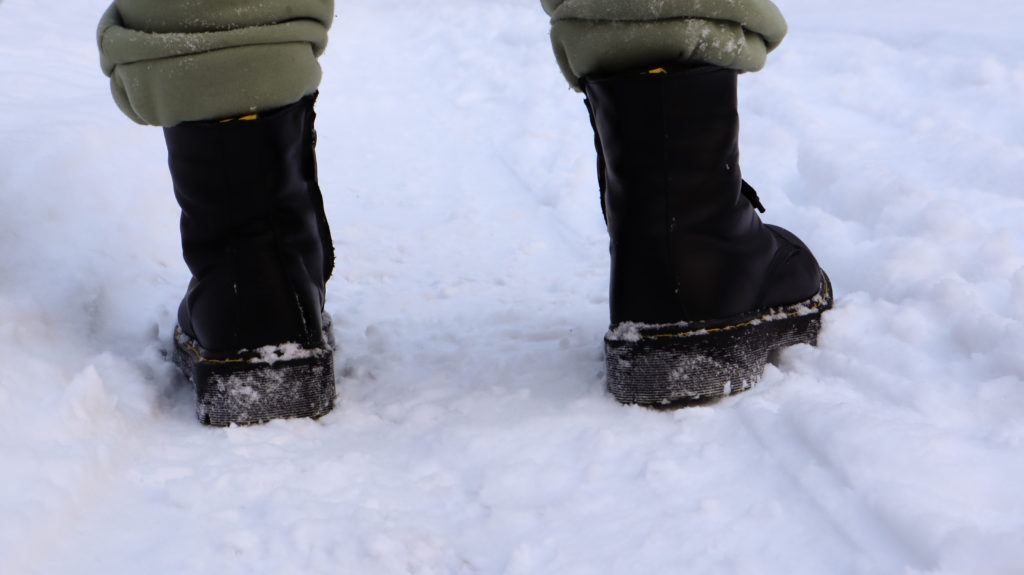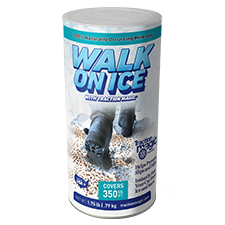How To Take Care Of Concrete Driveway In Summers

Summer means having many visitors to your home. You may also have some work done around the house, which will involve bringing a lot of equipment onto your driveway. We discussed taking care of your driveway in winters and ways to melt ice without salt. If you want to keep your concrete looking great for years to come, it’s essential to know how best to maintain it during this busy time of year.

If Your Concrete Driveway Has Sustained Damage, There Are A Few Steps You Can Take To Take Care Of Your Driveway In Summer:
- Repair cracks: Cracks in your concrete may be due to several factors, including freezing and thawing temperatures during winter months or poor preparation before pouring. To fix a crack in your driveway, use an epoxy repair kit or mix cement with water until it’s thick enough to fill the crack, but not so thick that it’s difficult to spread out over the hole. After applying the mix, smooth it out with a trowel and let it dry for at least 24 hours before proceeding with any other repairs.
- Repair spalling: Spalling occurs when moisture penetrates beneath the surface of your concrete and begins eating away at its base layer (the part of the material that stays solid). This process can make large sections of material crumble off; in extreme cases, this could result in an unsightly pothole appearing on your driveway! To prevent spalling from happening again, apply sealant every three months after sealing up any existing cracks or holes in your driveway.
- When it rains, be careful because water can get into small cracks and expand them even more. In summer, you can use a lawn mower to remove any excess grass clippings from your driveway. Water is one of the main reasons why concrete cracks in summer. When water seeps into these tiny cracks, it expands and damages your driveway further, making it slippery when wet. To prevent such damage from rain, you can use sandbags around your house or garage doors so that they are not directly exposed to rainwater at all times.
Is Ice Melt Bad For Concrete?
You can’t prevent the concrete from cracking, but you can keep it in good condition. When you are cleaning your driveway, don’t use chemicals or salt. Both of these will cause damage to the surface of your concrete driveway.
Salt is a very corrosive substance, which means that it eats away at the metal and other substances like concrete by dissolving them into ions that then react with one another chemically. If you’re still wondering- is ice melt bad for concrete? Here’s your answer- not all ice melts are bad. Only the ones that contain harsh chemicals cause cracks.
100% salt & chloride-free, fast acting Ice Management Solution
Conclusion
A concrete driveway is the most popular choice for driveways. It is durable, affordable, and easy to maintain. But in summers, it becomes very important to take care of your concrete driveway so that it lasts for years without any major problems. That’s why we have put together this blog post on how to take care of your concrete driveway in the summers so that you can use your drive without worrying about damages. We hope we’ve answered your question- Is ice melt bad for concrete?
Try Also Our Other Winter Safety Products:
Safe Paw
The Original and #1 Selling Pet and Child Safe Ice Melt for over 20 years. Guaranteed environmentally safe –It won’t harm animals or children, and it won’t damage your property. That’s Safe Paw. Safe Paw can change how winter affects our planet.

Walk On Ice
The handy disposable canister can be taken everywhere, with the same 100% naturally occurring minerals that provide instant traction on ice or snow. Use it on sidewalks, steps, or as an instant traction agent for your car.


